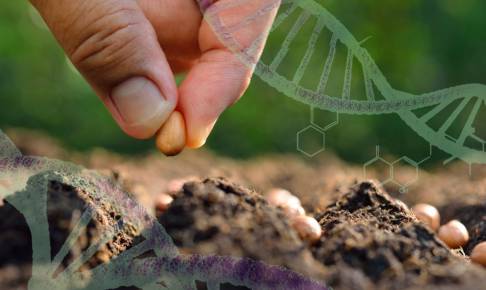GMOs that are not GMOs? EFSA state that plants modified by genome editing are safe for consumers.
According to a recent EFSA assessment, modification of plant DNA through genome editing techniques pose no more hazards than conventional breeding or other techniques that introduce new DNA into a plant.
The scientific opinion focuses on plants produced using the following gene-editing methods: site-directed nuclease-1 (SDN-1) and site-directed nuclease-2 (SDN-2) techniques and oligonucleotide-directed mutagenesis (ODM). These techniques modify a specific region of the genome without introducing foreign DNA (unlike site-directed nucleases-3 (SDN-3), assessed by EFSA in 2012).
The experts panel confirmed that current guidance for assessing the risk presented by genetically modified (GM) plants can be applied to the three new techniques examined. EFSA concluded that fewer datasets might be needed for the risk assessment compared to other GM techniques since there is no introduction of new DNA.
These technologies have a wide range of applications and can offer great benefits. Applied in plants, they may confer beneficial characteristics such as disease resistance, drought tolerance, and improve nutritional composition. These new breeding techniques could be an important technology to reach some of the EU Green Deal Program goals (i.e. reduction of fertilizers, chemicals, and carbon footprint of farming). As part of the program, the EU commissioned to EFSA a study of new precision gene editing technologies to evaluate their safety and their potential benefits. This Scientific Opinion by EFSA represents a section of the requested review, which is scheduled to be released in spring 2021.






















